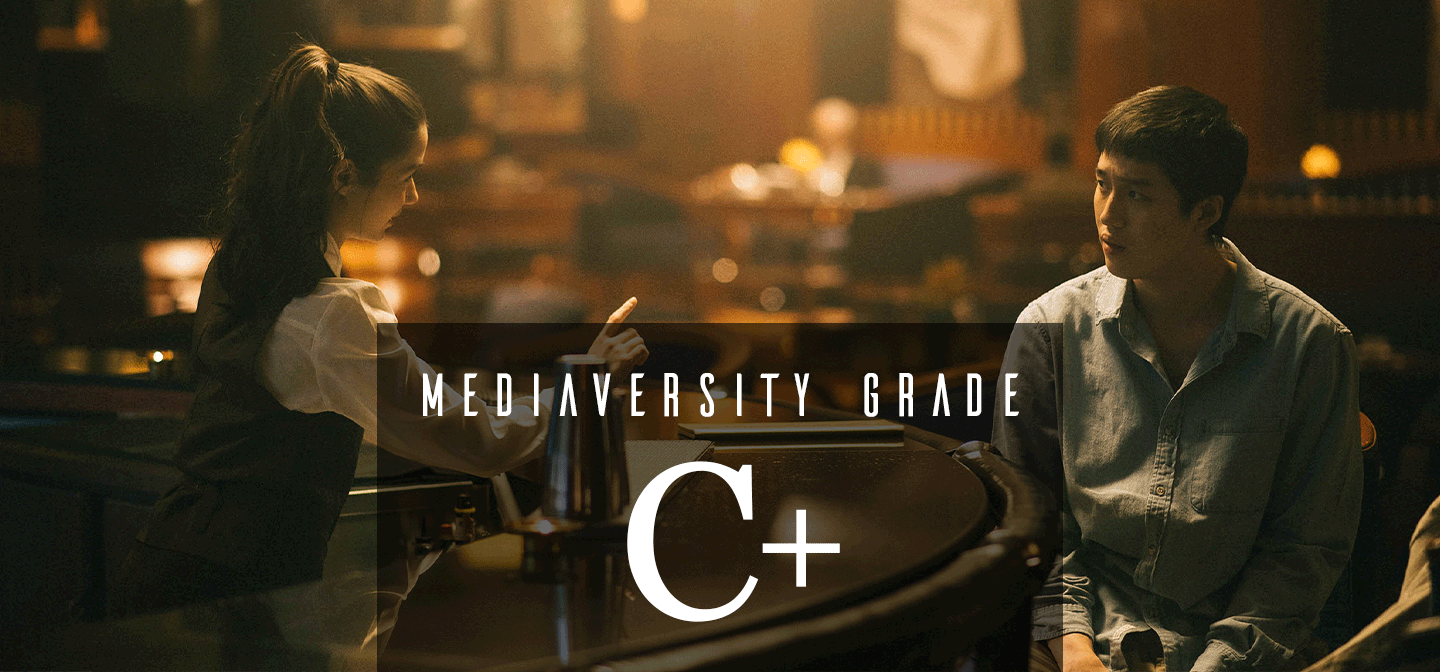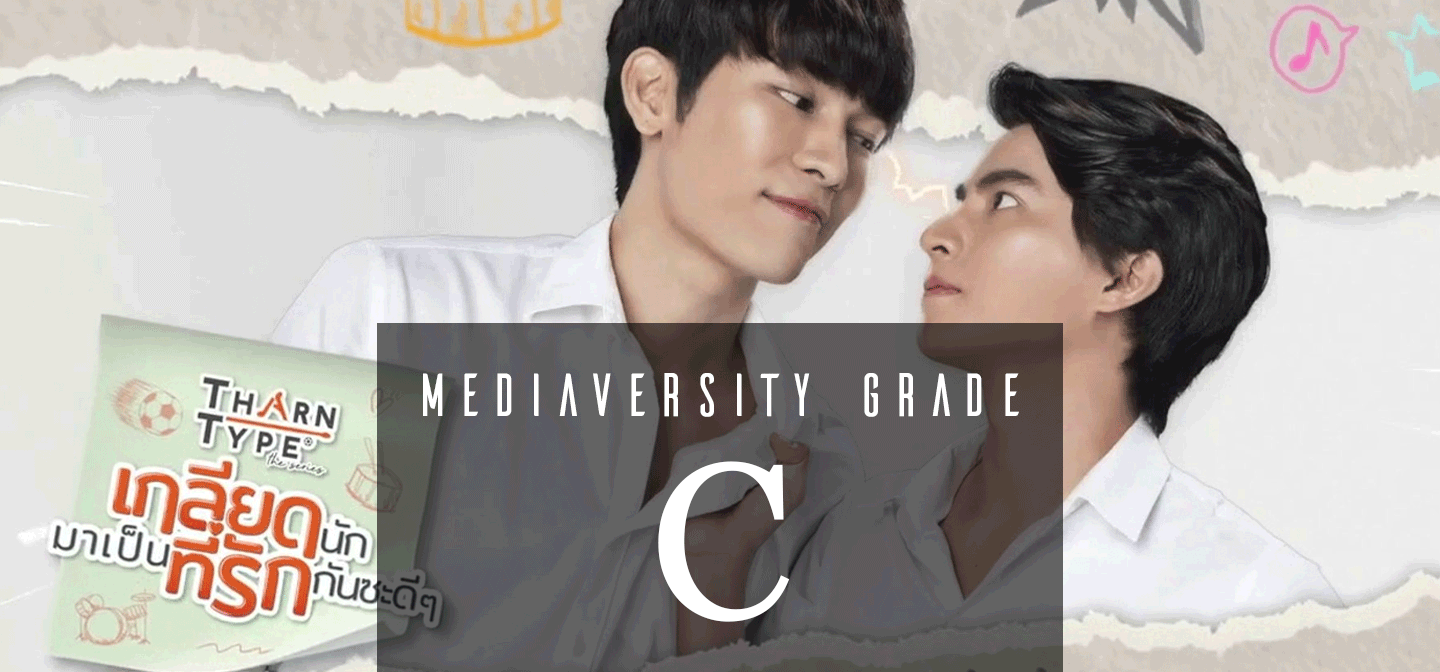Sweet & Sour
“Sweet & Sour joins the long list of romantic movies that show stalking in a positive light.”
Title: Sweet & Sour (2021) / Korean: 새콤달콤
Director: Lee Kae-byeok 👨🏻🇰🇷
Writers: Seong Da-som 👩🏻🇰🇷 and Lee Kae-byeok 👨🏻🇰🇷 based on the novel by Inui Kurumi 👨🏻🇯🇵
Reviewed by Alicja Johnson 👩🏼🇺🇸
Technical: 2.5/5
If romantic comedies have taught me anything, it’s that each of us will meet our perfect match, fall in love, and never have problems again. Netflix’s Sweet & Sour, however, carries far more interest in exploring what happens after that “falling in love” phase.
The South Korean rom-com follows two young partners who grow further apart as their professions become increasingly demanding. The trouble starts when Hyuk (Jang Ki-Yong) is assigned to a contract position requiring an arduous commute into Seoul. The potential of earning a full-time role with the engineering firm drives Hyuk to work long hours, meaning that he rarely sees his girlfriend Da-eun (Chae Soo-bin), who has her own plate loaded with unpredictable shifts as a contract nurse. Naturally, things begin to fall apart.
While Sweet & Sour’s work-life balance conundrum will resonate with anyone employed in this age of productivity—Who among us hasn’t stared burnout in the face?—the film fails to offer any catharsis. Jang and Chae make charismatic leads, but no amount of charisma can bail out such an unfocused script.
Once Hyuk begins his new assignment, attention swivels from following Hyuk and Da-eun as a couple to Hyuk’s workplace drama. From here, the plot becomes about as boring and predictable as his commute. And for all the time we spend with the leads, we learn so little about who they are that it begins to feel like watching stock footage. Perhaps the writers were so preoccupied with making the details line up properly for the Sixth Sense-level plot twist in the last 10 minutes that they neglected to ensure the remaining runtime would actually be watchable.
Gender: 3/5
Does it pass the Bechdel Test? NOPE
According to Hollywood canon, a relationship worthy of the big screen must include a grand romantic gesture, something that blurs the line between adoring and abusive. Sweet & Sour’s love affair embraces this trend, albeit less egregiously than rom-coms of the eighties.
Stuck in the hospital recovering from hepatitis, Hyuk becomes infatuated with his attending nurse, Da-eun. Seeing that she’s overworked, Hyuk begins to show her that he cares with unobtrusive yet meaningful gestures, like leaving her oranges and kind notes. But after Hyuk is discharged with no way of getting in touch with Da-eun, he decides to steal her phone number from the hospital’s records. Next thing you know, he’s in her apartment, which communicates to viewers that violating someone’s privacy is okay as long as you have a crush on them. Sweet & Sour thus joins the long list of romantic movies that show stalking in a positive light and normalize this dangerous behavior.
Another disappointment is that neither of the film’s two leading women provide a high caliber of gender representation. There’s Da-eun, who at first seems like a very realized and active character—she makes her own choices and has a winsome sense of humor. But once the movie starts to zero in on Hyuk’s work life, the writers only sporadically return to her, and even then just to remind us that she’s sad because Hyuk is always gone. Chae deserved a far more substantial role.
The spotlight on Hyuk’s meddlesome career brings with it a new character, his competitor for the coveted full-time role: Bo-yeong (Krystal Jung), whom the storytellers villainize for being ambitious. For example, when Hyuk brings in coffee for his superiors, she takes credit for the caffeine fix. When she’s so busy working that her personal grooming takes a hit, she’s costumed to look like an exaggerated slob. While painting the one ambitious female character in a negative light may not have been a conscious choice, this sexist trope does a disservice to the many go-getters that society still demonizes to this day.
Race: 5/5
Written, directed, and produced by a South Korean team (with the caveat that Japanese novelist Inui Kurumi wrote the source material), Sweet & Sour fittingly depicts a highly relevant issue for the peninsula: work-life balance. If Hyuk, Bo-yeong, and Da-eun share anything in common, it’s that each of them puts everything they have into their profession, leaving them with little energy for anything else. As a result, the characters suffer in other facets of life. Da-eun and Hyuk see their relationship crumble, while Bo-yeong neglects basic decencies like showering, as she practically lives at the office.
Prior to 2018 legislation that reduced the number of permissible hours in a workweek from 68 to 52, South Korea had some of the longest recorded working hours. Even with the new law, South Korean workers continue fighting an uphill battle. “On one hand, you have workers who say the conditions of their jobs are denying them a dignified life, while on the other you have employers who argue that their businesses will go under if they are legally obligated to treat workers any better,” writes Seoul-based journalist Steven Borowiec.
Sweet & Sour doesn’t offer any solutions nor meaningful commentary on this debate, but it certainly shines a spotlight on the devastating impact this professional culture has on human beings.
Deduction for Body Diversity: -0.75
When we first meet Hyuk, he’s a sizable gentleman who’s sick in a hospital bed. But once he recovers from his illness, he reveals a penchant for body-shaming. In wooing Da-eun, Hyuk feels threatened by one of her colleagues and begins to refer to him as “fatty,” even going as far as asking her whether he’s fatter than the doctor.
Mediaversity Grade: C+ 3.25/5
Despite the alluring screen presence of its actors, Sweet & Sour offers little in the way of progress on gender and diverse body representation.




